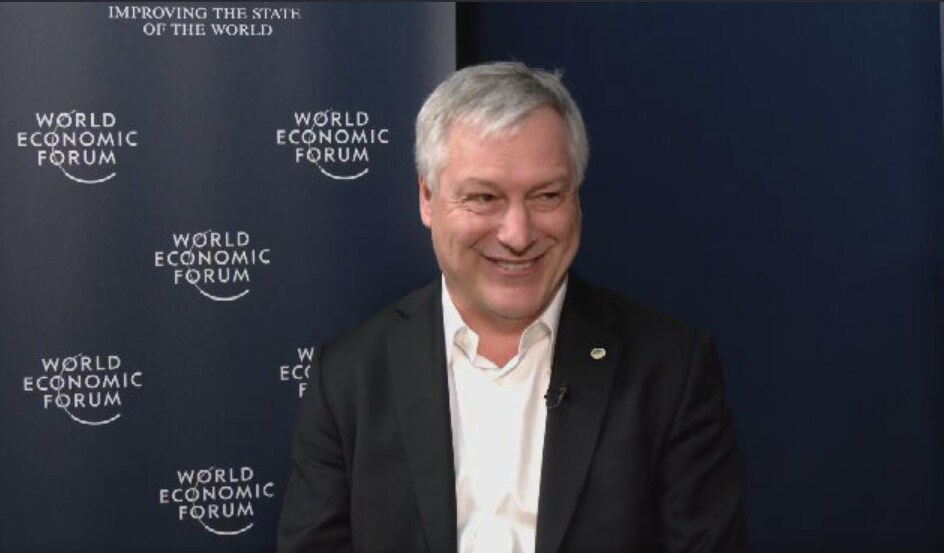
Indian regulators should allow framework agreements and capacity reservations for transmission companies to make investments more predictable, Andreas Schierenbeck, global chief executive officer of Hitachi Energy, said.
"We have to shift from buying one transformer for one project to framework agreements with wide programmes to have investment visibility," Schierenbeck told NDTV Profit, during a special interaction at the World Economic Forum in Davos.
A transmission framework agreement is a contract between transmission licensees that outlines the System Operator-Transmission Owner Code. The STC serves as a code that transmission licensees are required to maintain and comply with at all times.
Hitachi Energy India Ltd. will raise capital up to $500 million to expand operational capacity through issuance of equity shares or other securities or QIP in one or more tranches.
"India now has a very stable frequency, a stable grid, a clear strategy to build solar fields in mountains and battery parks. It is a good long term strategy and very good place to invest," he said, stressing business in the country is geared primarily to meet soaring local demand.
"The electrical grid is becoming the limiting factor for energy transition... The Indian approach is different from that of China, Germany and Japan. We have to adopt locally," he said.

The Hitachi Energy CEO said the company is developing capabilities in power electronics which is important to stabilise the grid.
Talking about the challenges facing global energy transition towards greener alternatives, Schierenbeck said there is always pushback against renewables, whether its onshore or offshore wind, nuclear, or even cable and power lines. "We have to address the fears of the people. We have to add more generation assets and grid capacity."
The Hitachi Energy CEO said the company is developing capabilities in power electronics, which is important to stabilise the grid. Power electronics is the use of electronics to control and convert electric power and involves processing high voltages and currents to deliver power.
"You need a lot of power electronics to balance frequency and connect grids across countries. We are investing heavily in that," he said. "There is not a single grid in the world that relies on only one source. We have everything on the technology front, we just need to apply it," he added.
Essential Business Intelligence, Continuous LIVE TV, Sharp Market Insights, Practical Personal Finance Advice and Latest Stories — On NDTV Profit.























